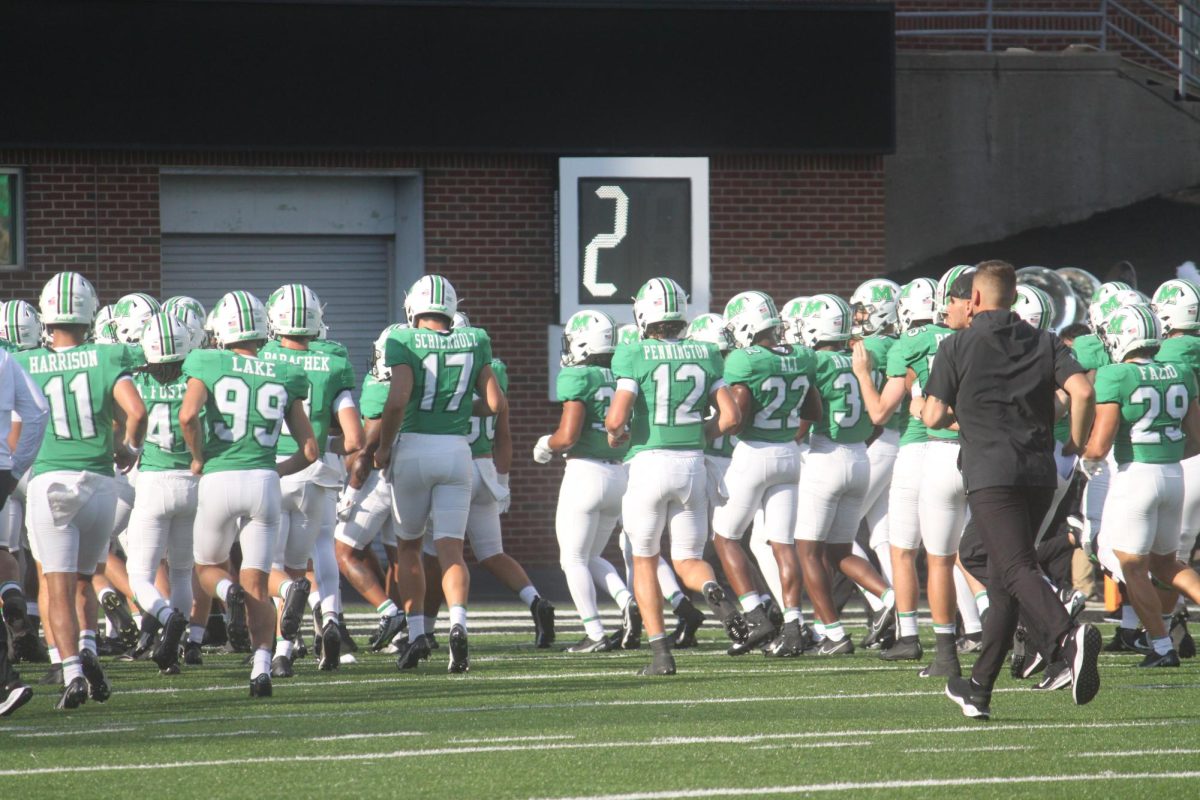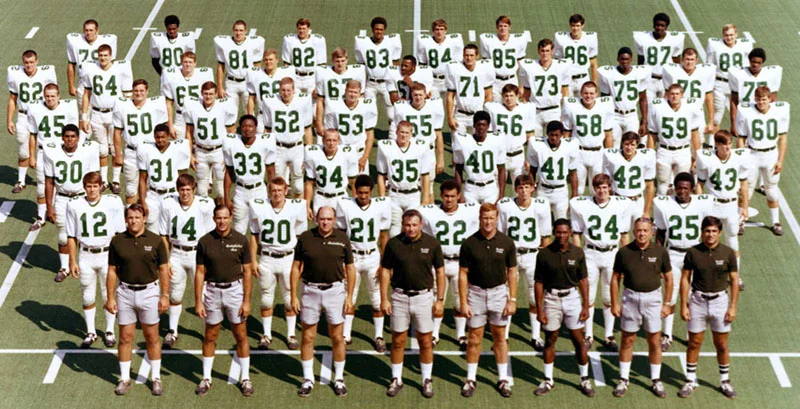College campuses would not flourish without the freedom of speech, said a First Amendment lawyer on free speech at an on-campus forum.
“Not only is free speech important, but there is particular solicitude for it on our university and college campuses,” said Ronnie London, a general counsel lawyer with the Foundation for Individual Rights and Expression.
London spoke on Wednesday, Sept. 27, at the University’s First Amendment Forum and clarified what the highly debated amendment protects and what it does not. He explained that certain categories of speech—such as true threats, fighting words, fraud, blackmail—are classified as unprotected speech.
Part of utilizing free speech rights, said London, is recognizing one’s ability to disagree with others. He called this an “internally radical idea” that uses “speech and not force to resolve our differences.”
“Nobody is infallible. Nobody has a monopoly on the truth, and there is no authority out there—or there should be no authority out there—to decide for every single individual what the truth is,” he said. “Wars and crusades and persecution should not be the ideal. It’s not healthy for anyone, and it rarely actually solves anything.”
London highlighted Sweezy v. New Hampshire, a 1957 United States Supreme Court case pertaining to the role of free speech at a state university. In the case, a professor had gone to jail for refusing to answer questions about a lecture he had given; however, the court ruled the jailing as a violation of due process, and he was released.
London labeled this case as one of the first to seek judgment on the First Amendment as it applied to a college campus.
He went on to talk about hate speech and how different groups of people may define it differently, saying that it is “in the eye of the beholder.”
“It is not for an official body, like the university, like the government, to pick sides on those issues,” London said.
While the term hate speech can be subjective, speech that brings direct discriminatory harassment is punishable by those institutions. However, to reach punishment, London said that the speech must reach a high level of discrimination.
He defined discriminatory harassment as an action “so severe, pervasive and objectively offensive and targeted to an individual or group of individuals that it effectively bars the victims access to educational opportunities or benefits.”
Additionally, London said that when a person confronts an idea that upsets them, sometimes ignorance is bliss.
“I find ignoring things to be terribly underrated,” he said.
London also said that silencing the opposite side can do more harm than good.
“You’ve lost the opportunity to persuade them that they’re wrong,” he said. “Also, you’ve lost the opportunity to persuade everyone else who might see it.”
Speaking up is not to be confused with censorship, though, he said.
“Once you try and shut down that speaker, you’re not speaking anymore. You’re censoring,” London said.
London believes that free speech is a vital part of our society, an idea that University President Brad D. Smith agrees with.
“The right to free speech is the most foundational element of our democracy and of our country,” Smith said. “What we learned here today is what is offensive, or what ends up being defensive, is a very individual interpretation, and it’s not subject to an institution to make that decision.”
He went on to say, “This is a skill we have to develop in ourselves and we have to learn to understand and appreciate others.”
First Lady Alys Smith, meanwhile, said that the presence of free speech is a needed element on campus.
“Free speech is exactly what we need so that people have the free exchange of ideas,” she said. “It’s the only way we learn from each other, even if we don’t like what we hear.”
























Pamela Bowen • Sep 28, 2023 at 5:20 pm
Excellent report. I attended the lecture and Q&A and am impressed that you included all the main points. Getting quotes from President Brad and Alys is a bonus. Good job!